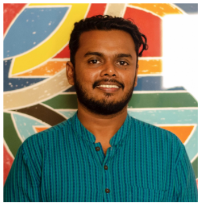
Moderator
Mr. Suchith Abeyewickreme
Ethics Education Programme Coordinator
Arigatou International Geneva
Online Course for Educators
During this session you will get an opportunity to:
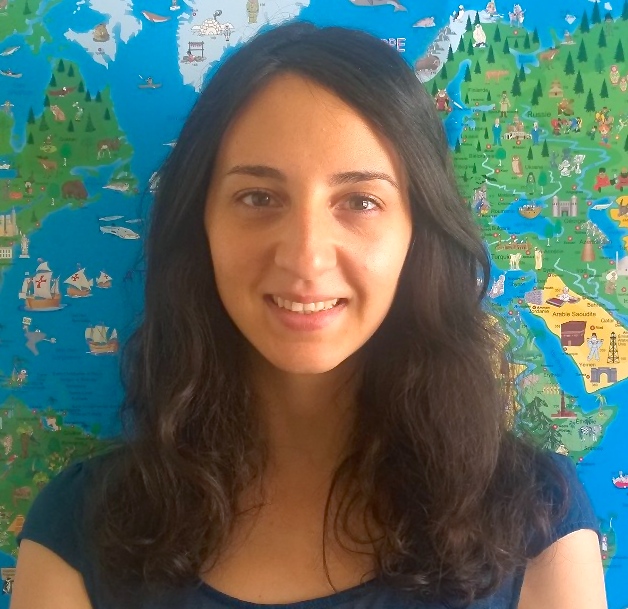

This interactive webinar was held on Thursday, 17 June 2021 at 13:00-15:30hrs GMT (15:00-17:30hrs CET)
Educational Evaluation: A Relational Perspective – Dr. Scherto Gill and Prof. Kenneth Gergen
Beyond the Tyranny of Testing: towards a relational orientation to educational evaluation – Dr. Scherto Gill
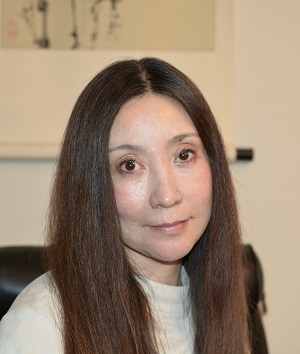
Senior Fellow, The Guerrand-Hermès Foundation for Peace Research Institute
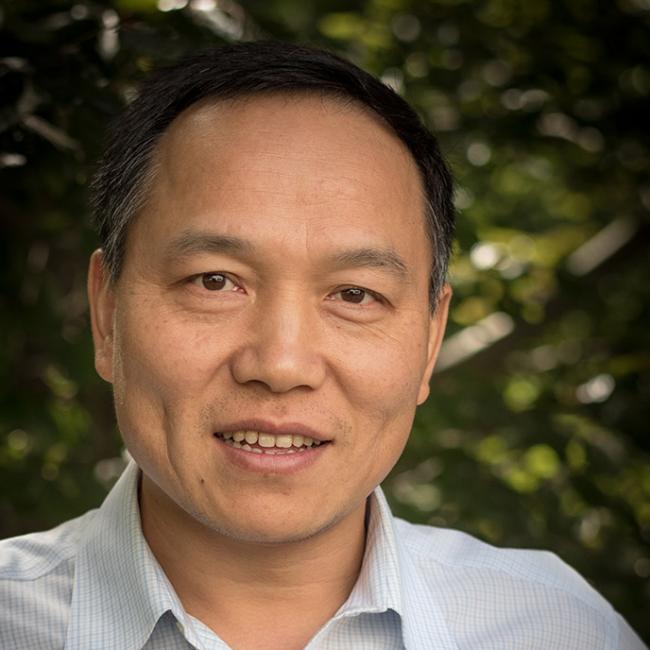
Senior Program Officers, The Fetzer Institute
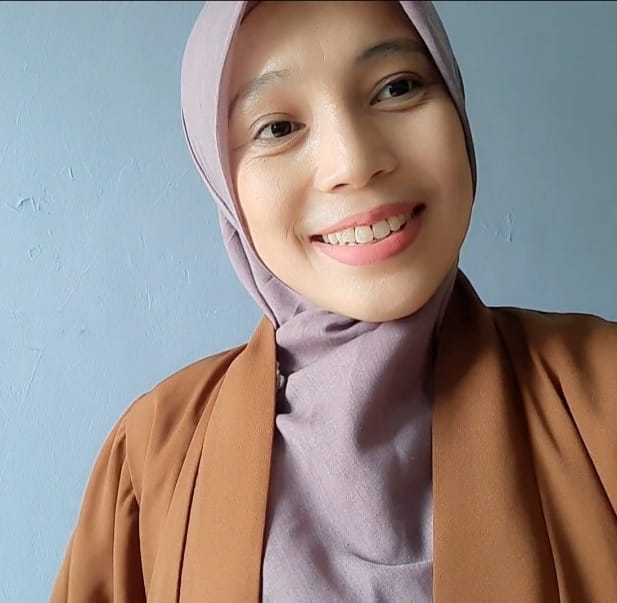
Teacher, SMP Labschool Kebayoran, Indonesia and member of UNESCO ASP.net
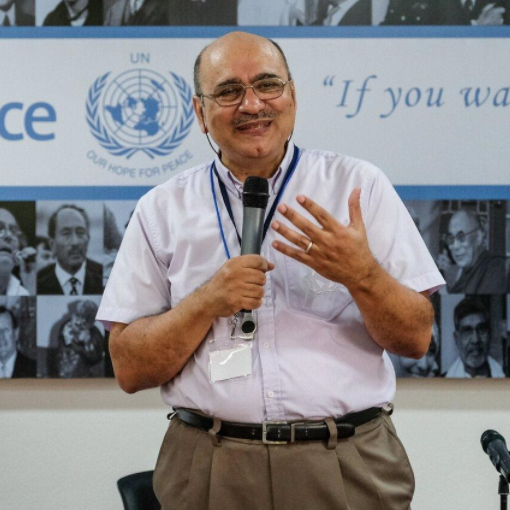
Emeritus Professor and the former Vice Rector at the University for Peace (UPEACE).
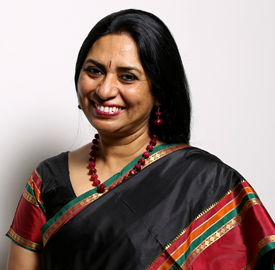
President, Shanthi Ashram, Co-chair, Arigatou International Advisory Group, and Co-moderator, Religions for Peace

Ethics Education Programme Coordinator
Arigatou International Geneva
After the webinar we invite you to share your reflections on the forum below.
Here you will find several resources that you can use with children aged 4 to 18 in intercultural and interfaith contexts, to support you creating safe, participatory and context-sensitive learning opportunities supported by our Ethics Education Transformative Pedagogy.